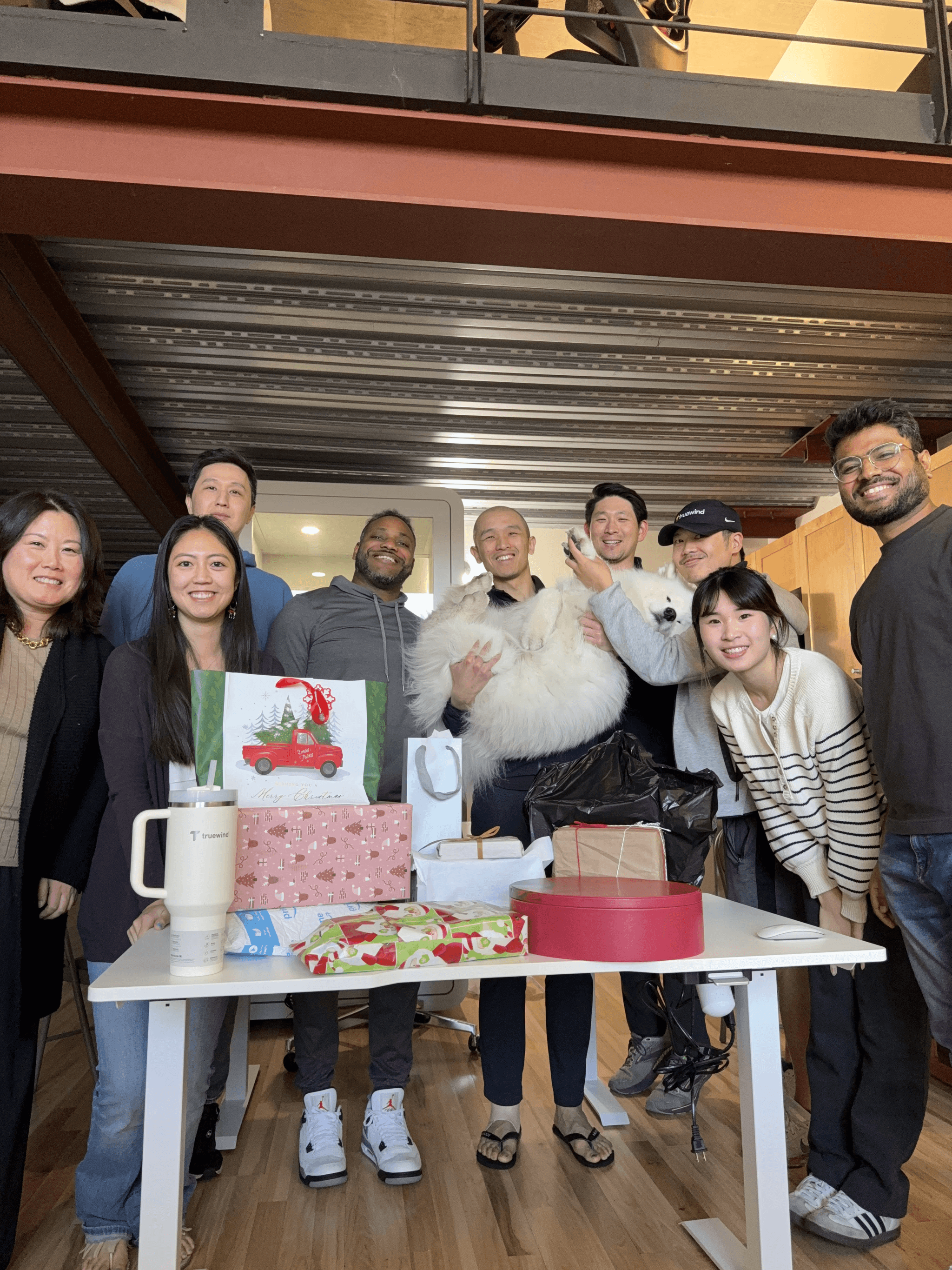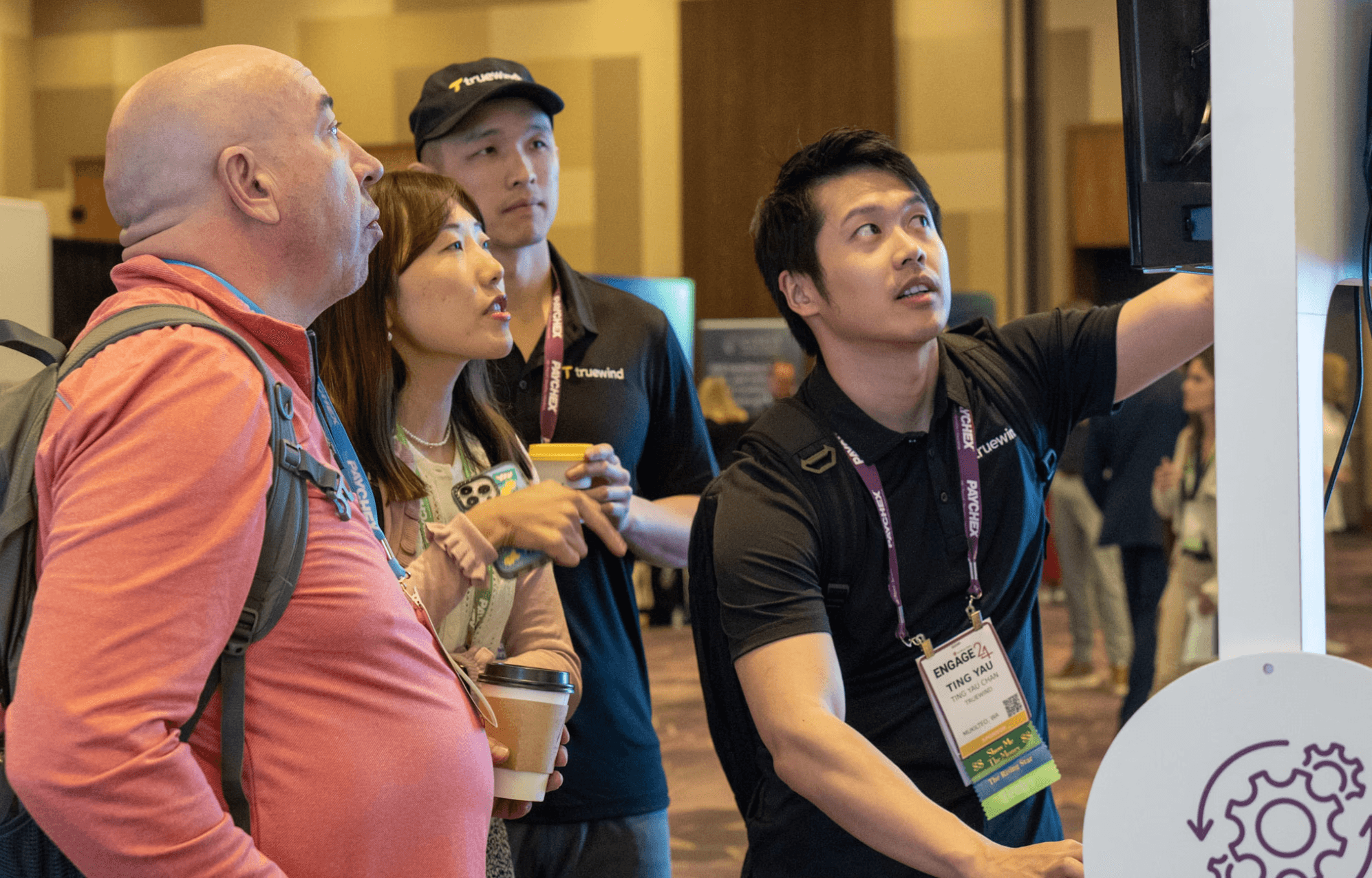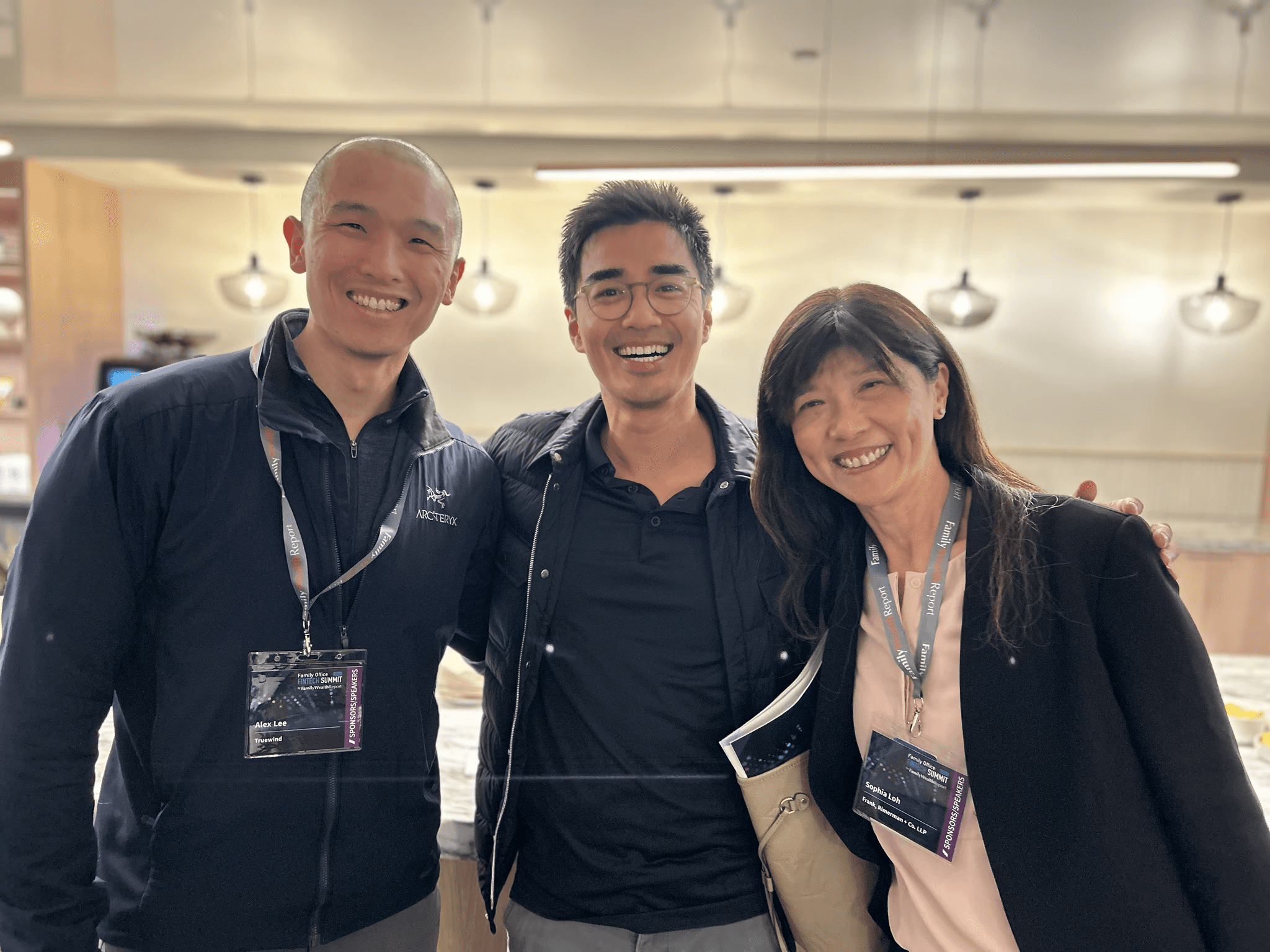From Our CEO: Inside the AICPA and CPA.com AI Symposium
Truewind
From Our CEO: Inside the AICPA and CPA.com AI Symposium Min Read
In March, Truewind was invited to the AICPA and CPA.com AI Symposium. It was 70 people, all focused on the future of accounting and finance. The room included regulators, standard setters, banking executives, firm leaders, consultants, and members of the media. Only ten technology companies were invited, and Truewind was one of them.
That detail matters—not because it flatters us, but because it reflects something important about the moment we’re in. For a long time, tech lived on the edges of accounting. It made processes faster and helped with efficiency, but it wasn’t core to how the work itself was defined. That’s no longer true. Today, AI isn’t just a tool that firms are experimenting with; it’s beginning to reshape the profession from within.
AI Adoption: A Mixed Picture
One of the biggest takeaways from the event was that AI adoption is real, but uneven. The technology is already being used in many areas, but its maturity depends heavily on the type of work and where you sit within the profession:
Bookkeeping and workflow automation are furthest along. Many firms are now using AI to close their books faster, reduce errors, and improve accuracy. These tools aren’t replacing people—they’re helping teams move quicker and make fewer mistakes.
Tax is moving in a similar direction, especially during the preparation phase. AI is beginning to support review work too, but most firms still rely on human oversight for final checks.
Audit and risk analysis are moving cautiously. This is less about the technology itself and more about risk management: compliance concerns, liability, and the need for strong controls.
Advisory services remain largely untouched, but not for long. Most people in the room agreed that this is where the next wave of change will happen. As automation takes over more routine work, firms will need to shift their focus from compliance to insight—and AI can help drive that change.
The opportunity here isn’t just about saving time. It’s about delivering better answers, faster.
The Question of Trust
Of all the sessions, one of the most interesting focused on agentic AI—systems that go beyond suggestions, and take action on their own. These tools are powerful, but they raise difficult questions:
How do you trust a system that might return a different answer every time, depending on context or randomness?
What does transparency mean when you can’t easily explain how a model arrived at its output?
What kind of oversight is needed when a system acts independently in financial workflows?
These aren’t just technical challenges. They’re governance questions that go to the heart of how firms operate. If AI is going to play a central role in the profession, trust can’t be bolted on later. It has to be built into how these systems are designed, governed, and deployed.

Image courtesy of AICPA and CPA.com
Regulation Is Coming
Technology is changing fast, and we’re seeing that evolution play out. Right now, the frameworks that guide how AI should be used—especially in high-stakes fields like accounting—are still developing. The rules are fragmented, and many of the conversations about oversight are just beginning. Some of the topics being explored include:
Who is responsible when an AI system makes a mistake?
Should firms be required to disclose when AI is involved in preparing financial statements?
How do we audit a model’s behavior when we can’t fully see how it works?
These are hard questions, but waiting for others to answer them isn’t the right approach. As a profession, we have an opportunity to shape what smart, responsible oversight looks like. That means engaging with regulators early and bringing a practitioner’s perspective into the conversation, rather than waiting to respond after the rules are written.
Why Generic Models Fall Short
In a session on data-centric AI, Jeff Seibert from Digits noted that accounting isn’t a generative task. It’s structured, rule-based, and full of nuance. That means general-purpose models, no matter how advanced, are unlikely to produce consistently accurate results. Getting this right takes more than scale or raw compute power. It requires:
High-quality, well-labeled training data
Models built specifically for accounting
Orchestration systems that understand context, dependencies, and internal logic
Shortcuts—like using a standard chart of accounts or generic categorization rules—might look fine in a demo. But in real-world scenarios, they break down fast. In accounting, accuracy isn’t a nice-to-have; it’s the foundation that everything else is built on.
The ROI Gap
There was also a major dose of realism. According to data shared by Gartner, 58 percent of finance teams reported using AI in 2024, up from 38 percent the year before. However, only 36 percent said those efforts were successful.
Even when AI tools were saving time—an average of 5.4 hours—just 1.7 of those hours translated into actual productivity. The rest was lost to rework, training, and nonvalue-added tasks.
This isn’t a failure of the technology; it’s a reminder that implementation matters. Poor integration, unclear workflows, or inconsistent training can quickly cancel out the benefits of AI. The real returns don’t come from shiny tools, but rather, from using them thoughtfully and deliberately.

Where We Fit In
The big takeaway from the symposium wasn’t that AI is a silver bullet. It’s that accounting is changing, and that it’s being shaped by people from every part of the industry: practitioners, regulators, technologists, and firm leaders.
At Truewind, our role is to bring practical, reliable AI into the core workflows of accounting. We build tools that help teams close their books faster, catch problems earlier, and spend less time cleaning up data. But more broadly, we’re here to help firms navigate change, and position them for what’s ahead.
More than anything, the symposium was a reminder of how accounting is evolving. And specifically, that the next chapter will be led by people who understand both the profession, and the technology transforming it.
Interested in learning more about Truewind and our AI-powered solutions? Chat with our team to get started.



